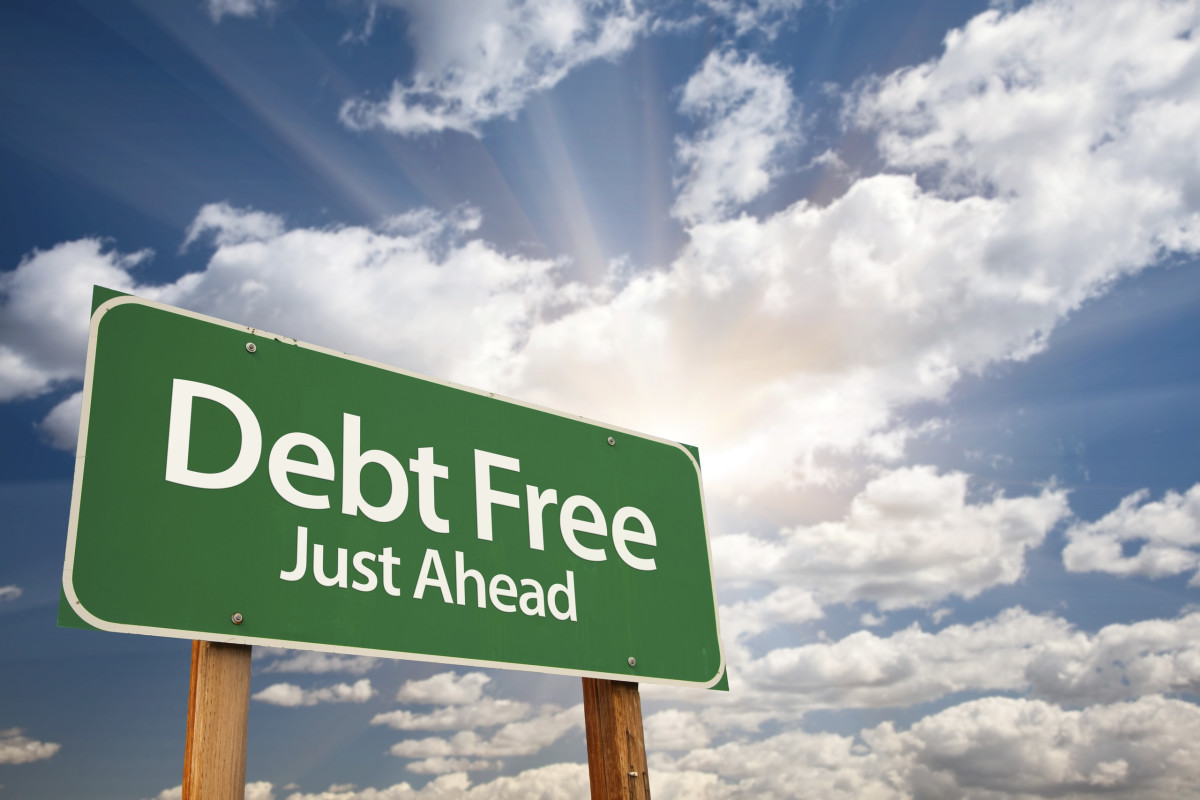It would be nice if an article on leading a debt-free life could consist of a single sentence saying don’t get into debt, but of course, it is all much more complicated than that. We live in a culture that encourages spending and consumption even if you can’t afford it. Moreover, there are certain necessary things that it is difficult for most people to pay for without accruing some debt. Despite this, there are those who have no debt at all.
Your Philosophy
You might find yourself wondering if all debt is bad, with the exception of a mortgage, carrying debt doesn’t make financial sense. Despite this, you may be surrounded by people who are more than happy to spend a lifetime owing money to someone else so that they can have the home, car, clothes and vacations that they want. It can be easy to take on these beliefs yourself, but as long as you owe money to someone else, you can never be financially independent. Prioritizing this independence and seeing money as units of your time, your life, that you give up in exchange for goods can shift your thinking and help you understand why living debt-free is a desirable goal.
Student Loans
Many career fields require a college degree, and a bachelor’s degree, at minimum, is the key to higher lifetime earnings for many people. This also means that student loans are one of those inevitable debts since few people have the money to pay for college costs on their own or can cover those costs entirely with scholarships. Taking out student loans is not necessarily a mistake, but you do need a good plan to pay off quickly. One way to do this is by refinancing your loans so that you are paying less in interest. For variable rate loans, your interest rate will be rising at present. If you are able to refinance, you can end up paying thousands of dollars less over the life of the loan. This refinancing should form the bedrock of your overall student loan repayment strategy.
Homeownership
This is the other type of debt that is inevitable for most people, and it is not necessarily a bad one because of the tax breaks you can get. However, it is worthwhile to interrogate your feelings about homeownership, including whether you really want to be a homeowner. The concept of renting vs owning is layered and each option has its own set of vulnerabilities, with the former putting you at the mercy of rising rents and the latter leaving you potentially vulnerable to substantial but necessary repair expenses. Furthermore, there are some where the peace of mind that comes with saving up and paying cash for a home, owing nothing, overrides the tax advantages.
Emergency Savings
This is another important strategy in keeping out of debt because it can cushion you against those unexpected expenses that crop up in everyone’s lives. How much you ultimately need will vary according to your lifestyle and financial responsibilities but start with a goal of a few hundred dollars and work up to savings equal to several months or even a year of expenses.

Leave a Reply